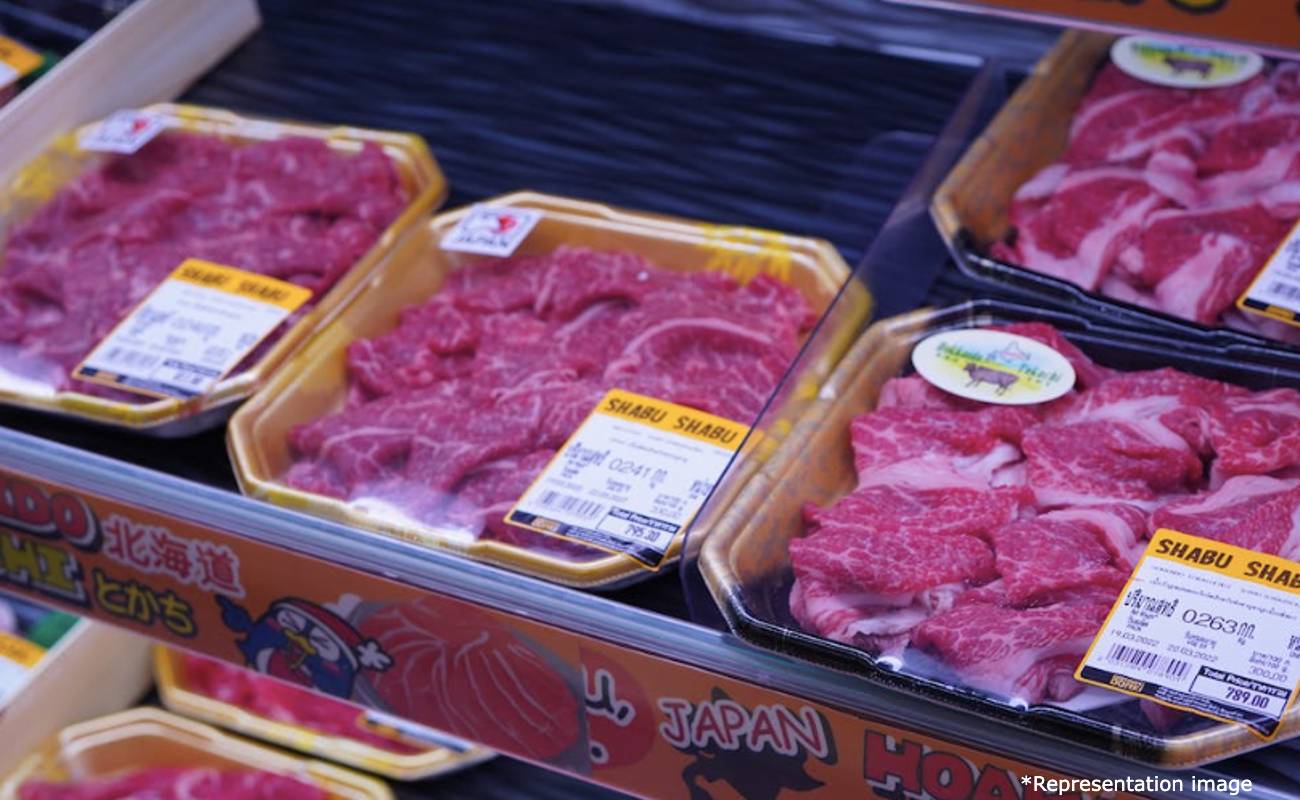EU's food contact regulations: What you need to take care while working on food contact applications
The European Union (EU) has strict regulations in place to ensure that food contact materials and articles are safe for human consumption. These regulations are designed to protect the health of consumers and to maintain the quality of food.
The EU's food contact regulations are governed by the Framework Regulation (EC) No 1935/2004, which sets out the general safety requirements for materials and articles that come into contact with food. This regulation is supported by specific regulations for different types of food contact materials, such as plastics, ceramics, and metals.
One of the key principles of EU food contact regulations is the "no migration" principle, which states that no substances should migrate from the food contact material to the food in a quantity that could be harmful to human health. To ensure compliance with this principle, manufacturers of food contact materials must demonstrate that their products are safe for use through testing and by providing a detailed list of all substances used in the production of the material.
The EU also has a positive list of authorized substances, known as the "Union List," that can be used in the production of food contact materials. These substances have been evaluated and deemed safe for use by the European Food Safety Authority (EFSA). If a substance is not on the Union List, it cannot be used in the production of food contact materials unless it goes through a specific approval process.
Manufacturers of food contact materials must also provide detailed information about the intended use of their product, including the specific food it will come into contact with and the conditions of use (such as temperature and duration of contact). They must also provide a Declaration of Compliance which states that their product meets the EU's safety requirements.
In summary, EU food contact regulations are in place to ensure the safety of food contact materials and articles. These regulations include the "no migration" principle, the positive list of authorized substances, and the requirement for manufacturers to provide detailed information about the intended use of their products and a Declaration of Compliance. Compliance with these regulations is vital to protect the health of consumers and maintain the quality of food.
Speed up your applications and product approvals by following the industry recommended online trainings on EU food contact regulations

